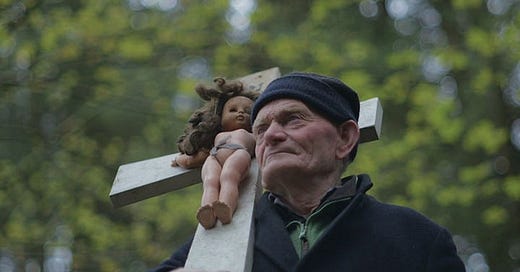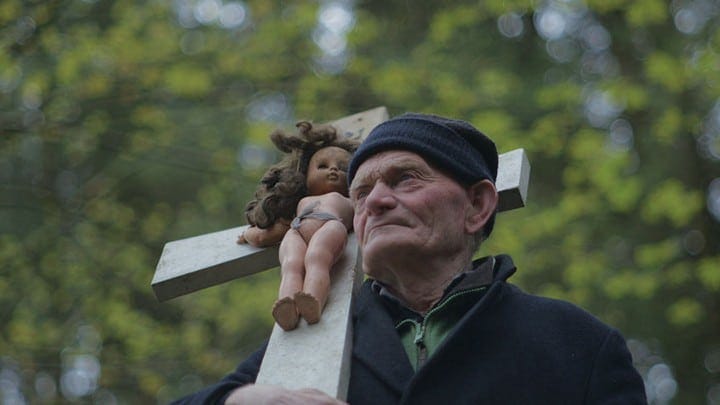The 2014 True/False Film Fest has come and gone, like a strange and wonderful whirlwind. Every film festival wants to be a physical incarnation of the love of cinema, but a lot of them wind up taken over by the business end of things. This four-day Columbia, Missouri, party for docs and doc-lovers is the real deal. The programming is creative and eccent…
Keep reading with a 7-day free trial
Subscribe to Nonfics to keep reading this post and get 7 days of free access to the full post archives.



